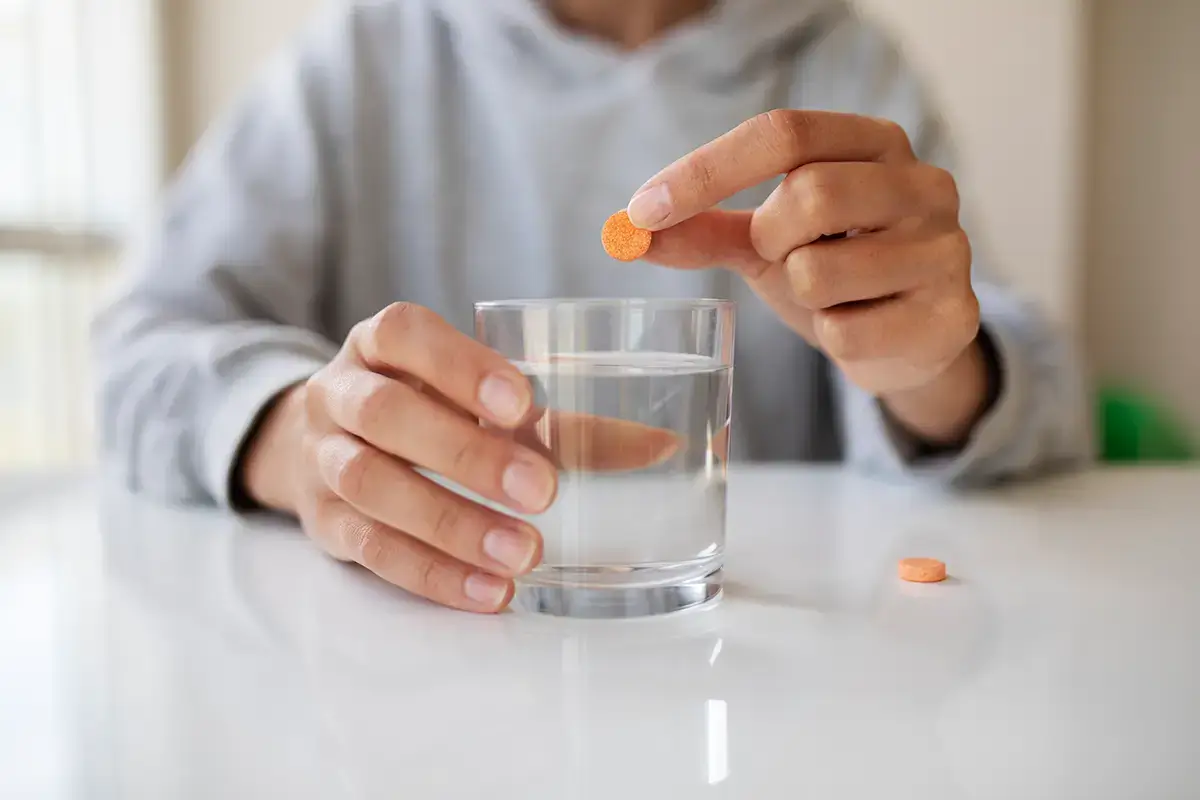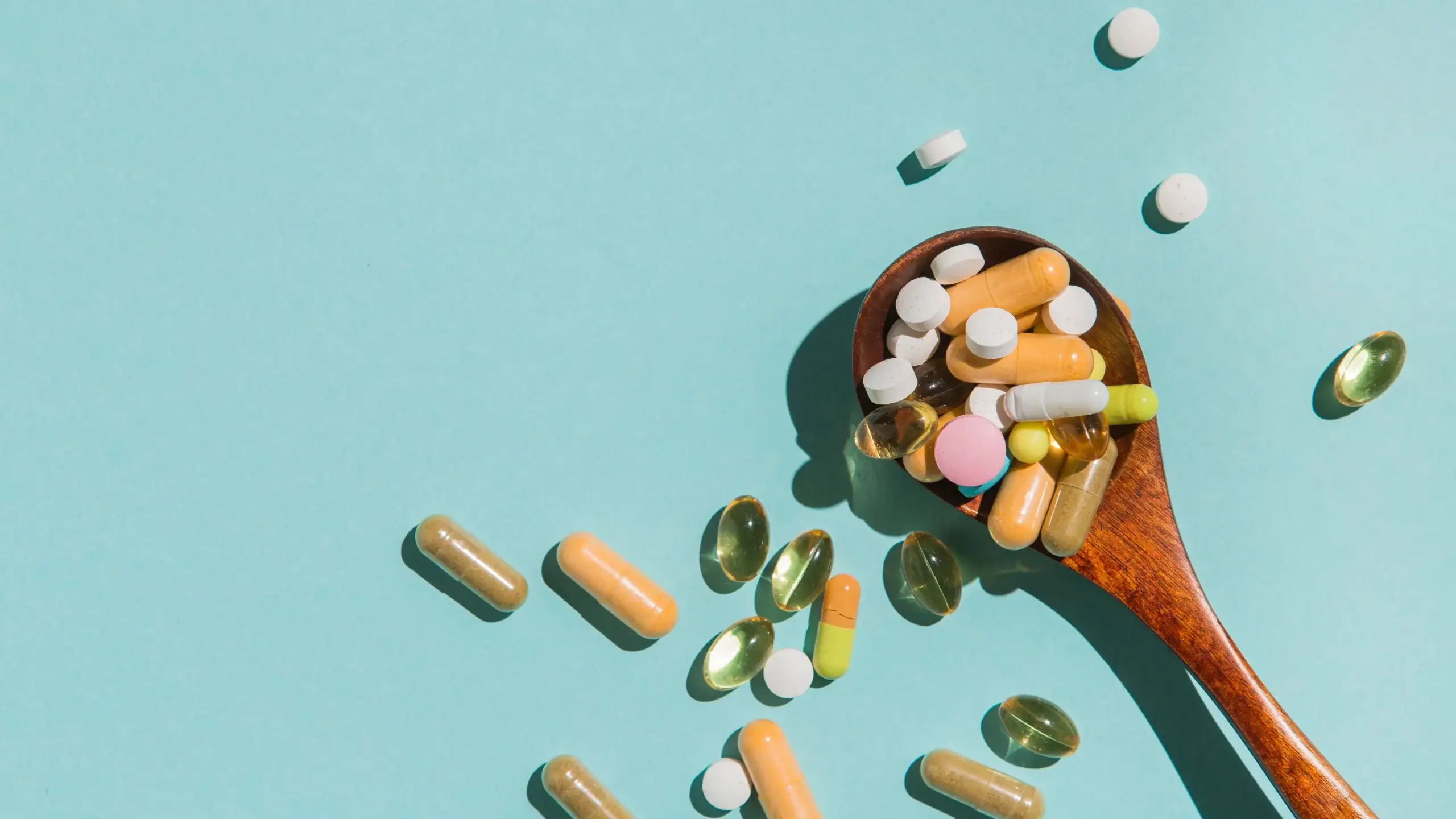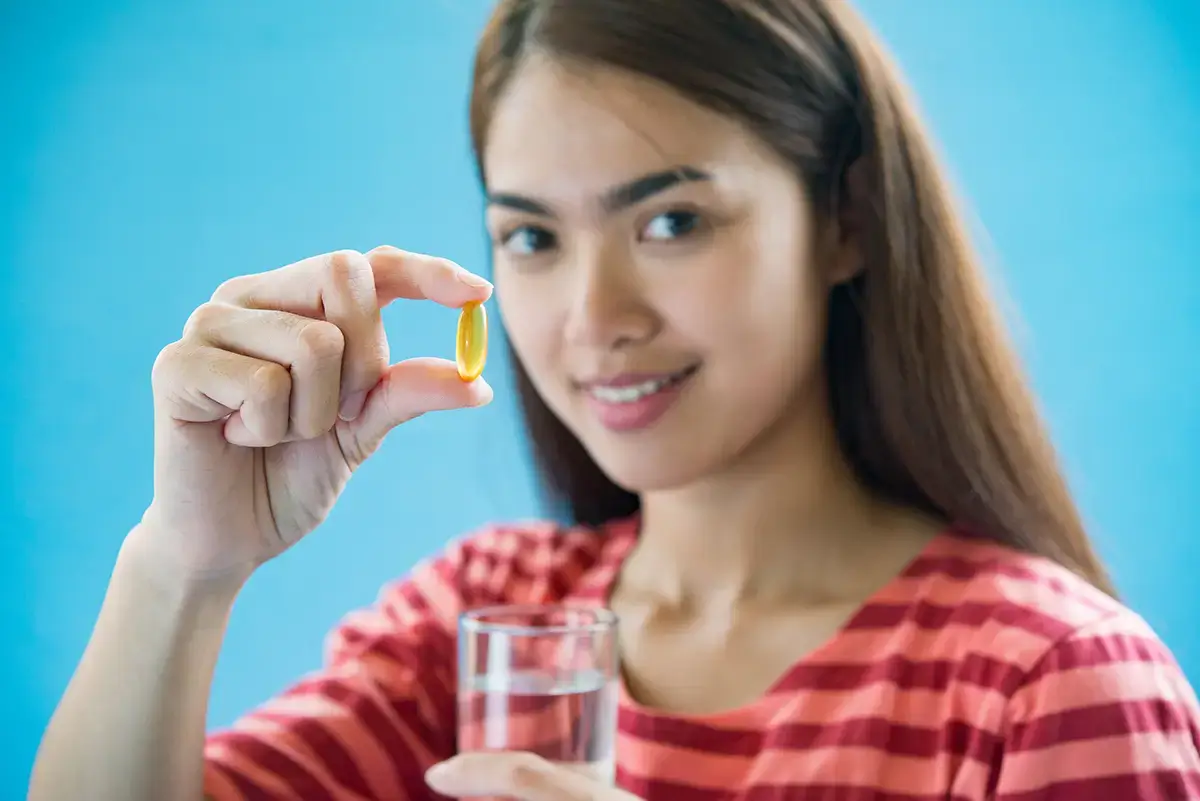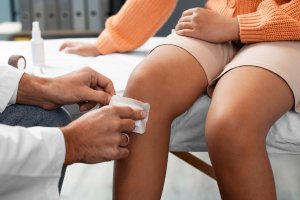Biotin: Benefits, Dietary Sources, and Everything You Need to Know
Biotin, also known as vitamin B7 or vitamin H, is a vital nutrient for our body. This micronutrient plays a crucial role in metabolizing carbohydrates, fats, and proteins, which is essential for maintaining adequate energy levels and supporting cellular health. Biotin is also widely recognized for its benefits to skin, hair, and nails, and is often included in beauty products and dietary supplements.
In addition to its metabolic functions, biotin has been associated with improving hair and nail health, helping prevent hair loss and strengthening nails. However, it is important to know where to find biotin in the diet and how to ensure adequate intake to reap all these benefits. Below, we will explore the best sources of biotin, its benefits, and how you can effectively incorporate it into your diet.
Benefits of Biotin
Biotin is essential for various bodily functions. According to the World Health Organization (WHO), vitamin B7 is involved in nutrient metabolism, helping convert food into usable energy. This process is crucial for the proper functioning of the nervous system and maintaining energy balance. Additionally, biotin helps improve skin health by reducing incidences of rashes and dryness.
Biotin is also known for its beneficial effects on hair and nails. Studies show that biotin supplementation can promote healthy hair growth and strengthen brittle nails. However, the Brazilian Society of Dermatology notes that in many cases, a balanced diet that includes biotin-rich foods is sufficient to meet recommended levels without the need for supplements.
Dietary Sources of Biotin
To obtain biotin naturally, it is important to include biotin-rich foods in your diet. Some of the best dietary sources of biotin include:
Eggs: Especially the yolk, which is one of the most concentrated sources of biotin. A cooked egg can provide about 10 micrograms of biotin, which represents approximately 33% of the recommended daily intake.
Nuts and Seeds: Almonds, walnuts, and sunflower seeds are great sources of biotin. For example, 30 grams of almonds provide about 1.5 micrograms of biotin.
Fish: Salmon and tuna are rich in biotin and also offer other beneficial nutrients.
Legumes: Beans, lentils, and peas are good sources of biotin and can help supplement daily intake.
Dairy Products: Milk and cheese, especially aged cheeses, contain significant amounts of biotin.
Recommended Intake and Deficiency
According to international guidelines, the recommended daily intake of biotin for adults is approximately 30 micrograms. Biotin deficiency is rare but can occur in cases of extremely restrictive diets or specific medical conditions. Symptoms of deficiency may include hair loss, skin rashes, and brittle nails.
Tips for Incorporating Biotin into Your Diet
To ensure adequate biotin intake, it is recommended to consume a varied diet that includes the mentioned foods. Incorporating eggs into breakfast, adding nuts to salads and snacks, and opting for lean protein sources like fish are effective strategies. Additionally, a balanced diet that includes different food groups can help maintain optimal biotin levels and other essential nutrients.
Recent Data and Studies
A study published in the “Journal of Nutrition” in 2022 highlighted the importance of biotin for hair and skin health, demonstrating that adequate levels of this nutrient are associated with a lower risk of hair and skin issues. The study reinforces that biotin plays a crucial role in maintaining a healthy metabolism and promoting overall well-being.
Conclusion
Biotin is an essential nutrient that offers various health benefits, particularly for skin, hair, and nails. By including biotin-rich foods in your diet, you can support your body’s metabolic function and promote robust overall health. Consulting a healthcare professional can help personalize your nutritional needs and ensure you are getting all the benefits of this important vitamin.
Consulted Sources
- World Health Organization (WHO).
- Brazilian Society of Dermatology (SBD).
- Ministry of Health.
- Journal of Nutrition, 2022.














